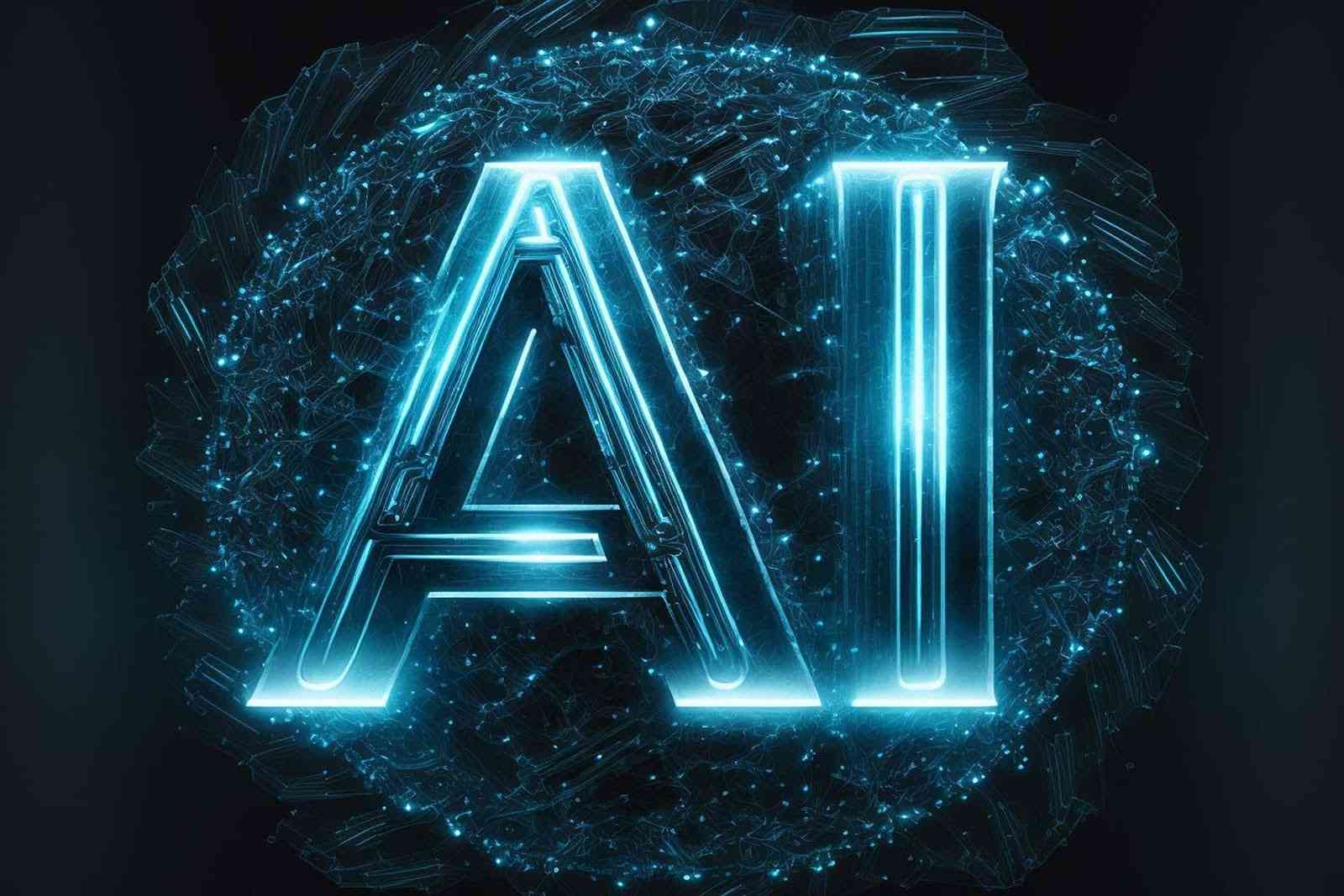
ARTIFICIAL intelligence (AI) has taken centre-stage in global conversations, promising to redefine how we work, learn, communicate, and even imagine our future.
Yet, as powerful as it appears, AI does not exist in a vacuum. It is constantly tested, challenged, and in many cases, humbled by other forms of intelligence that continue to shape our world. Understanding these counterweights helps us appreciate the limits of machines, the resilience of human faculties, and the enduring role of wisdom that transcends computation.
Human intelligence: Benchmark
No matter how advanced AI systems become, they are judged against the yardstick of human intelligence. People remain the designers, users, and critics of machine systems. We write the code, feed the data, and most importantly, we question the results.
Human intelligence goes beyond computational efficiency. It draws on creativity, moral reasoning, and imagination, qualities not easily reduced to algorithms. A human can look at a painting and see beauty, tragedy, or irony, while an AI might only describe colours and patterns. A human can weigh fairness or injustice in a court case, while an AI can only calculate probabilities. This gap is more than a limitation; it is a reminder that machines serve, but do not replace, the intelligence that conceived them.
Indeed, every breakthrough in AI provokes a wave of human inquiry. Is the output trustworthy? Who benefits? Who is harmed? These questions flow not from silicon logic but from human conscience, a form of intelligence that resists being mechanised.
Power of the crowd
If individuals hold AI accountable, societies amplify that scrutiny. Collective or social intelligence, the wisdom that emerges from groups, institutions, and cultures, acts as another powerful challenger to AI.
- Time running out for SA-based Zimbos
- Sally Mugabe renal unit disappears
- Epworth eyes town status
- Commodity price boom buoys GB
Keep Reading
Regulators in Europe, for example, are shaping the rules of how AI can and cannot be deployed. Unions and professional associations are challenging the use of AI in workplaces where jobs and livelihoods are at stake. Communities online organise to resist invasive technologies, whether facial recognition in public spaces or biased algorithms in financial services.
This form of intelligence is less about speed or accuracy and more about consensus, negotiation, and shared values. AI may calculate instantly, but social intelligence decides what is acceptable. Without it, AI would be a runaway force; with it, technology is forced to operate within cultural boundaries.
Wisdom of nature
Nature itself provides one of the most enduring challenges to artificial intelligence. Biological intelligence — the adaptive problem-solving abilities embedded in living organisms, remains staggeringly complex.
Consider the resilience of ecosystems, where countless species interact in dynamic balance. Or think about the navigation skills of birds, the memory of elephants, the swarm intelligence of bees, or even the survival instincts of bacteria. These examples demonstrate ingenuity that is not engineered but evolved.
AI researchers often borrow from biology, designing neural networks inspired by the human brain or algorithms based on genetic selection. Yet, for all its advances, AI still lags far behind the elegance of evolution. Nature finds solutions that are efficient, sustainable, and often invisible until science catches up. The challenge here is both practical and philosophical: can machines ever truly match the adaptability of life itself?
Human heart
While machines may crunch data, they stumble when confronted with the subtleties of human emotion. Emotional intelligence, the ability to understand, interpret, and respond to feelings, stays firmly human.
Chatbots may offer polite replies, but they lack genuine empathy. Robots may simulate a comforting tone, but they do not feel compassion. Humans, on the other hand, can intuit distress in a friend’s silence, detect sarcasm in a raised eyebrow, or comfort someone with a mere touch.
This is not a trivial gap. In workplaces, families, and communities, emotional intelligence is often more decisive than technical skill. Leaders succeed not only by making smart decisions but also by inspiring loyalty and trust. Parents guide not only through knowledge, but also through love and reassurance. AI struggles here because emotions are not simply signals to decode but experiences to share. This challenge reminds us that intelligence is not only about thinking but also about feeling.
Beyond the algorithm
There is another dimension of intelligence that rarely enters conversations about AI but deserves attention: spiritual intelligence. This refers to the pursuit of meaning, purpose, and transcendence.
In many traditions, intelligence is not just about solving problems but about discerning wisdom. It involves humility, reflection, and an awareness of something greater than oneself. Spiritual intelligence challenges AI by asking questions machines cannot answer: What is the purpose of life? What gives suffering meaning? What is the value of justice, compassion, or forgiveness?
These are not simply technical puzzles. They touch on the essence of being human. Even as AI generates text, images, or predictions, it cannot aspire to enlightenment or moral awakening. That remains the domain of human and, some would argue, divine intelligence.
Artificial against artificial
Interestingly, AI also finds rivals within its own sphere. Different systems compete, spar, and refine one another. Generative adversarial networks are explicitly built on this principle: one AI generates content while another tries to detect flaws, forcing both to improve.
On a larger scale, corporate rivalries, OpenAI against Google, Anthropic against Meta, are battles of artificial intelligences, each pushing boundaries of scale, safety, and sophistication. This internal contest shows that even in the artificial realm, intelligence is not singular but plural, challenging and sharpening itself.
Dialogue, not a duel
The temptation is to cast these intelligences as competitors in a zero-sum game. But perhaps a better metaphor is dialogue. Human, collective, biological, emotional, and spiritual intelligences do not merely challenge AI; they shape and enrich it.
The true story of our age is not the triumph of machines over people, nor of people over machines, but the ongoing conversation between different forms of intelligence. When humans design AI responsibly, drawing on collective values, inspired by nature, guided by emotional awareness, and anchored in spiritual wisdom, technology can serve humanity rather than overshadow it.
This interplay will decide whether AI deepens inequality or broadens opportunity, whether it alienates us from meaning or draws us closer to it. The future will not be written by algorithms alone, but by the dance between multiple intelligences, each asserting its voice in the chorus of progress.
- Bangure is a filmmaker with a media degree and substantial experience in media production and management. He previously served as the chairperson of the National Employment Council for the Printing, Packaging, and Newspaper Industry. A dedicated enthusiast and scholar of artificial intelligence, Bangure combines his creative and technical skills to delve into innovative advancements. — [email protected].











